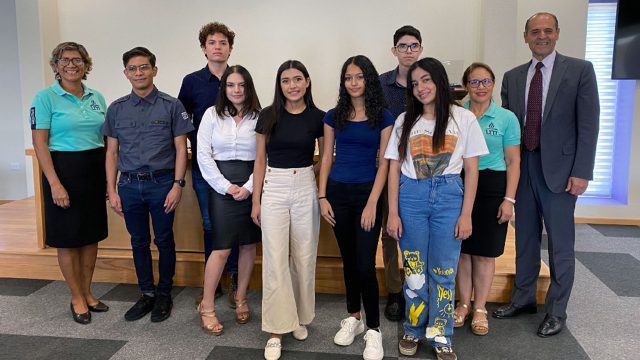Do we still need our church fellowship?

In the quietness of the coronavirus pandemic, I’ve had time to think about church, Sabbath School, Christian fellowship, and my relationship with God. Some of this was prompted by two invitations to teach the Sabbath School lessons online. I declined both invitations for a good reason, though words failed me as I tried to articulate why these “opportunities” didn’t seem to fit.
Though I was honored to be asked, I instinctively felt we were trying to force-fit an old format into new technology. We are all learning together, so I am not critical of anyone. After all, we need to try different things and experiment with what works and what does not.
At times like this, though, my mind is wired to begin by anchoring on objectives. First, I must ask, why are we doing this? The two invitations that came to me failed to help me connect with the “why.”
So, I’ve prayerfully asked myself why I teach a Sabbath School class. And why do we even need Sabbath School?
Why Before What and How
Answering the “why” question should help to drive the “what” and the “how.” By focusing first on “why,” we can then figure out what might work and how we should approach “doing” Sabbath School virtually. The “why” answer will transcend new technology and will be relevant in our strange, new world of social distancing.
So, why do I teach? What value do I get out of being part of a Sabbath School class? Here are some thoughts transcribed from several pages of my morning journal. For me, Sabbath School should provide an exceptional opportunity for us to:
- Study the Bible to experience a deeper, more meaningful relationship with Jesus Christ
- Come together and learn from each other by sharing insights the Holy Spirit has given us as we have studied individually
- Inspire each other by sharing our testimony about how God is leading in each of our lives
- Pray together and “bear one another’s burdens” through interactive Christian fellowship and intercessory prayer
- Work together as a team on projects or ministries that serve others
- Create a stronger community of believers, where the whole is greater than the sum of the parts. This synergy is derived from our coming together and interacting with each other.
Having a general lesson study for the entire church via video conferencing might accomplish the first objective, but it would not address the other five reasons for having a Sabbath School class. And if we’re just wanting to learn without interacting, then there are many different options for viewing the Sabbath School lesson online.
Having a video discussion with the existing members of our Sabbath School class might help us stay connected in a virtual world. It’s not a perfect solution, but it’s a duct-tape option that should hold until we can convene in real life.
Audience vs. Community
As a communication professional, I’ve given much thought to the difference between an audience and a community. Often you can tell the difference by observing the direction the chairs are facing. In an audience, the chairs usually face forward, and individuals are focused on a presenter. In a community, the chairs are facing each other so people can easily interact and engage. (Ironically, our Sabbath School classroom is set up with the chairs facing the front, but in reality, we operate more like a community than an audience.)
I’m not interested in “preaching” a Sabbath School lesson to a large, generic audience. I would be willing, though, to be part of a team that facilitates conversations, even via Zoom, where we can achieve most of the objectives listed above.
In my opinion, a video conference meeting for each class would be the best way under these temporary circumstances. That would keep the class members connected and enjoying each other’s fellowship, albeit virtually.
Daily I pray for the church pastors, the congregation, our Sabbath School class, and our broader Adventist community. I know I’m in good company with fellow believers who are offering the same prayers. We will soon look back on this time and be amazed at how God has miraculously led us.
The original version of this commentary was posted by the Mid-America Union Conference Outlook.








